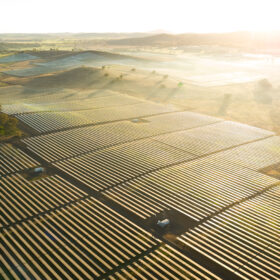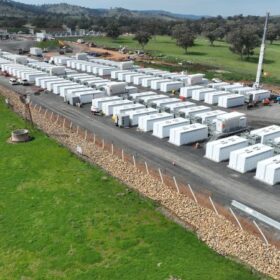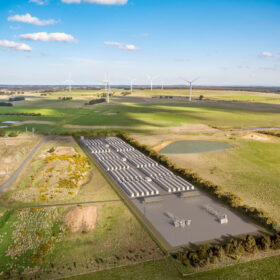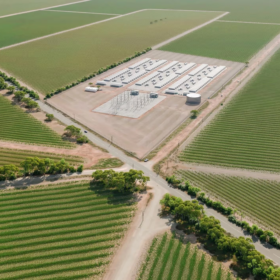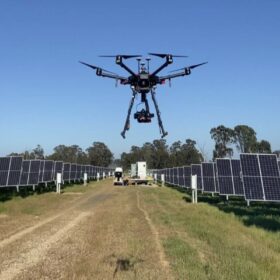Why data-driven planning will shape the success of Australia’s 2035 climate goals
Achieving Australia’s 2035 energy goals needs engineering firms to have project intelligence at their fingertips, through unified, real-time data about a project, its people, and finance, to ensure accurate forecasting, avoid delays and maximise performance.
NSW tender targets 500 MW of new firming capacity
The New South Wales government has launched a tender targeting 500 MW of firming and demand response capacity to further boost power supply reliability as the state’s coal-fired generators are shut down.
Snowy Hydro inks 220 MW contracted capacity battery offtake agreement
Setting a new benchmark for the Australian energy market, the NSW hydro-electric company Snowy Hydro has inked a 15-year virtual tolling agreement with Akaysha Energy for its 311 MW / 1,244 MWh Elaine BESS in Victoria.
Canadian buyer reveals growth plans after $1.1 billion Edify takeover deal
Australian renewables developer Edify Energy has been snapped up by Canadian investment group La Caisse which has plans to accelerate the development of the company’s more-than 11 GW pipeline of solar and battery energy storage projects.
Australian climate target prioritises clean electricity across the economy
Australia’s 2035 climate change target prioritises clean electricity across the economy based on decarbonising and expanding the electricity network, supported by new transmission and storage, including household batteries.
Hydrostor secures $82 million for Broken Hill long-duration storage project
Canadian long-duration energy storage developer Hydrostor has secured $82.6 million in funding to support its 200 MW Silver City Energy Storage Centre project being built in Broken Hill, New South Wales.
CIS tender supports 16 big battery projects totalling more than 15 GWh
Sixteen battery energy storage projects with a combined capacity of 4.13 GW / 15.37 GWh have been named as the winners of the Australian government’s latest Capacity Investment Scheme tender.
Lab360 lands funding to help get drone-based solar inspection tech off the ground
Australian photoluminescence imaging specialist Lab360 Solar will look to make the leap from lab to market with its drone-based PV inspection technology after landing $3.96 million in federal government funding.
Wollemi Capital pumps $100 million into distributed solar, battery strategy
Climate-focused venture capital firm Wollemi Capital has committed to investing more than $100 million to expand renewables developer MPower’s pipeline of mid-scale solar and battery energy storage projects after finalising its acquisition of the company.
Akaysha secures $300 million to accelerate global battery rollout
Australian battery storage developer Akaysha Energy has closed a $300 million corporate debt facility that will support the expansion of its large-scale battery project pipeline on a global scale.
